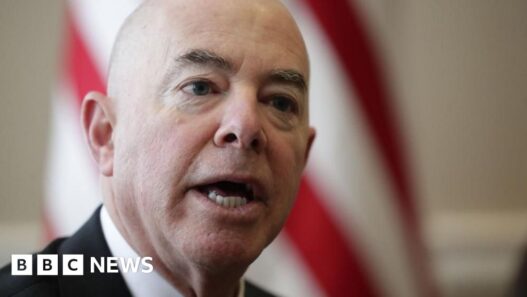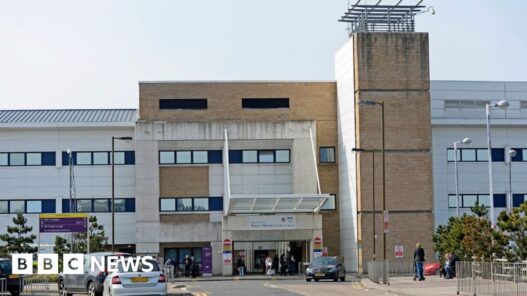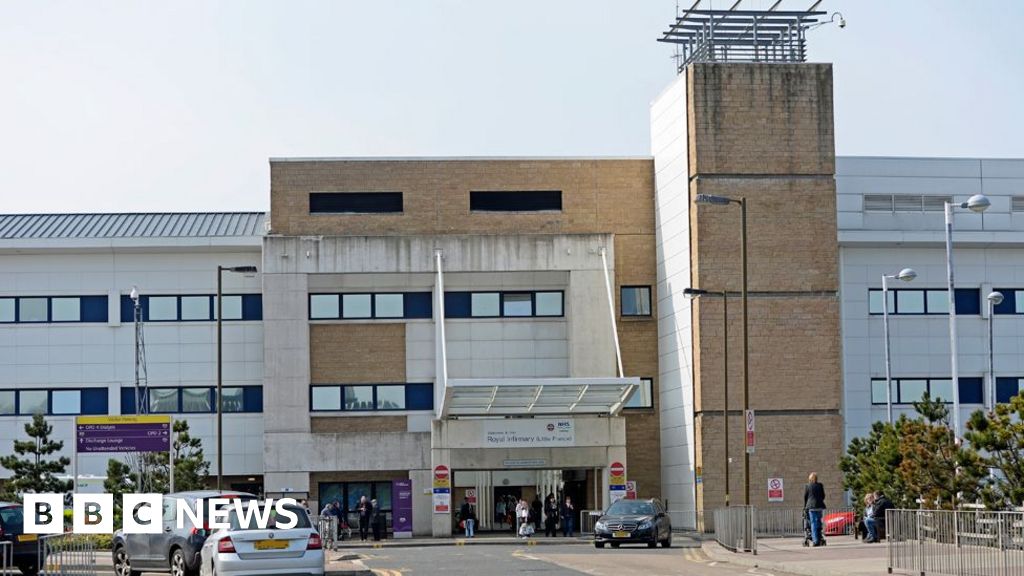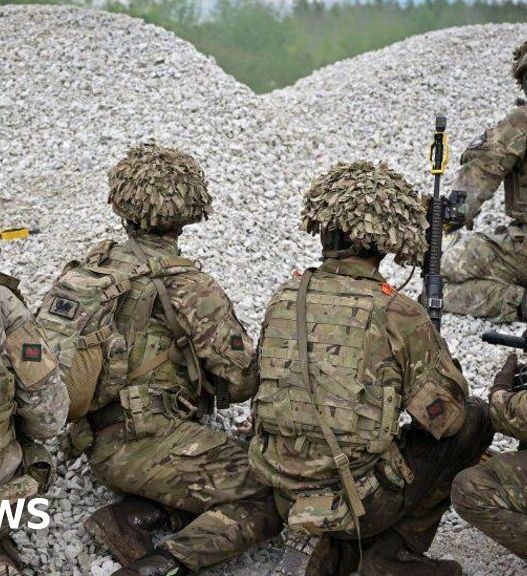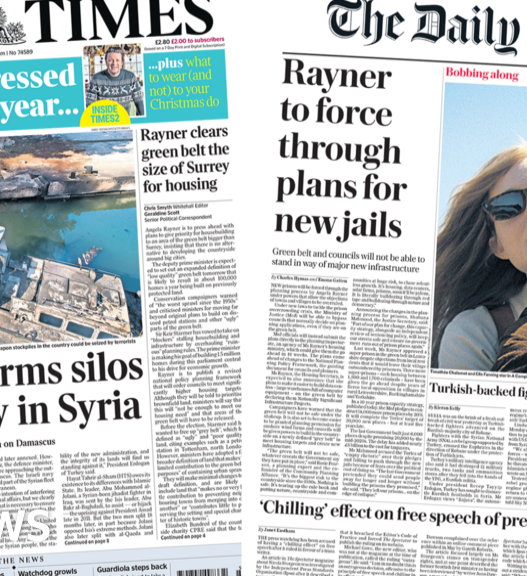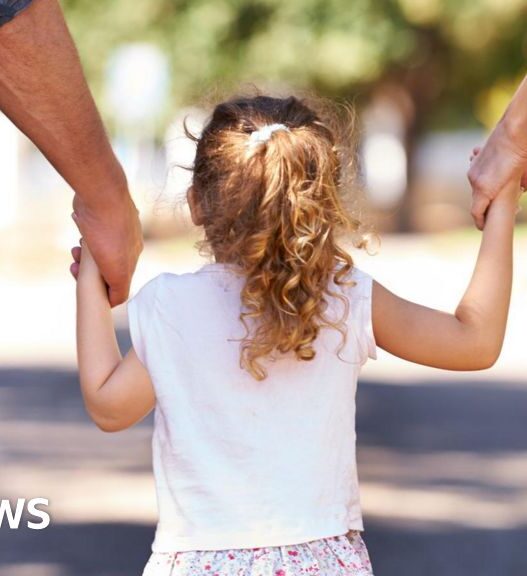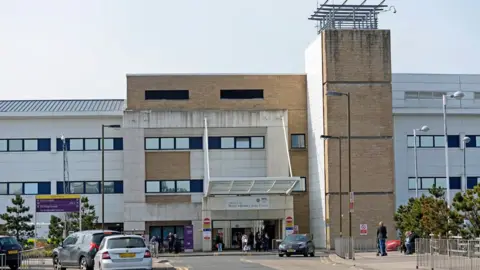 Getty Images
Getty ImagesMothers and newborns were harmed by staff shortages and a “toxic” culture at an Edinburgh maternity unit, according to an investigation seen by BBC News.
NHS Lothian commissioned a report to the Obstetric Triage and Assessment Unit at Edinburgh Royal Infirmary after a staff member raised his concerns in February this year.
The investigation supported or partially supported 17 safety concerns.
NHS Lothian said an “improvement plan” designed to enhance patient safety and improve the working environment for staff was already underway as a result of the report.
NHS staff spoke to the BBC after a mother died in a maternity unit last September, after an investigation into whistleblowing had already been completed.
The health board said a detailed review of the death had been carried out in a bid to give the family the answers they desperately needed.
But staff say they fear the risks to patients will continue.
One employee, speaking anonymously to the BBC, said: “We fear that we cannot provide safe care for patients and that women and children are being harmed.”
“The situation has been getting worse over the past five years and is at its worst now.”
The Triage and Evaluation Unit takes care of pregnant women who need urgent care and receives about 1,200 women every month.
The whistleblower report found that patient safety was at risk due to a series of factors, including staff shortages that led to delays in women getting treatment.
She also said that women were being seen by inappropriately qualified staff and that there was a “toxic relationship” between managers and midwives.
“There is no dispute that there are safety concerns, near misses, and actual adverse outcomes for women and children,” the report concluded.
It describes instances where the support provided was “inadequate” and midwives felt “professionally threatened” by staff shortages:
- A woman in labor waited several hours during triage, then called St John’s Hospital in Livingstone herself to see if there was space in the maternity ward.
- On another day, 10 women were waiting to be triaged, and 17 women were in the ward when the night shift began. The unit has the capacity to treat nine people simultaneously.
Investigators found that managers incorrectly claimed the unit was well staffed, while “the majority of midwives said the department was understaffed on most shifts, with less experienced staff responsible for the ongoing care of a large number of women at the same time.”
An analysis of shifts found there were regular staff shortages. Midwives described actual safety concerns and a “near miss” when staffing levels were compromised.
The report also found that disease levels rose by 200% in the obstetric triage and assessment unit between April 2023 and April 2024, to 15.2%.
There were accounts of staff feeling undervalued, disrespected and working under high levels of pressure and tension.
One witness described an “abusive relationship between management and employees,” while others reported a lack of kindness and compassion from managers toward employees after a colleague committed suicide.
Some witnesses described managers who downplayed concerns, and accused one of being “insensitive at best and a bully at worst.”
Many employees said they feared the repercussions for speaking out could mean managers make their lives difficult at work, for example by not offering annual leave.
The report was written by senior nursing staff who interviewed a total of 30 witnesses, including staff who work or have worked in an obstetric triage department.
They concluded that staff shortages and sickness absence would impact midwives’ ability to provide safe care.
They also noted increased pressure on the department, with attendance up by a quarter since January 2022, leading to overcrowding and delays.
Jim Crombie, deputy chief executive of NHS Lothian, said the mother’s death in the unit in September was under review.
He said: “The Significant Adverse Events (SAE) panel, made up of a number of experts including an external doctor, will carry out a careful review using normal processes and the report will be shared directly with the family and the service to ensure that all necessary steps are taken.
“We need to await the outcome of the SAE and address any recommendations from that, as well as continuing to implement measures relating to whistleblowing concerns.
“Since the concerns arose, an improvement plan designed in collaboration with staff is already being implemented to enhance patient safety, quality of care and improve the work environment and experience for our teams of dedicated staff.
“All aspects of patient care and workforce were reviewed as well as staff work styles, training and environment, as part of an open and transparent plan for working with the teams.”
Maternity units in Scotland will They routinely face unannounced inspections by the NHS safety watchdogImproving healthcare in Scotland, from January. This comes in response to a number of increases in newborn deaths in recent years.






